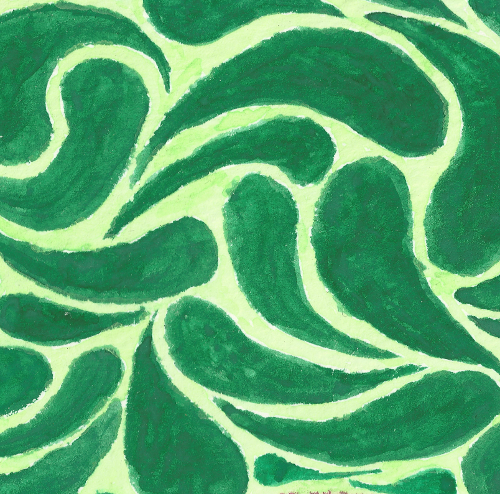- cross-posted to:
- [email protected]
- [email protected]
- [email protected]
- cross-posted to:
- [email protected]
- [email protected]
- [email protected]
Bruce Sterling writing about Cyberpunk.
Especially liked these paragraphs:
In the moral universe of cyberpunk, we already know Things We Were Not Meant To Know. Our grandparents knew these things; Robert Oppenheimer at Los Alamos became the Destroyer of Worlds long before we arrived on the scene. In cyberpunk, the idea that there are sacred limits to human action is simply a delusion. There are no sacred boundaries to protect us from ourselves.
Our place in the universe is basically accidental. We are weak and mortal, but it’s not the holy will of the gods; it’s just the way things happen to be at the moment. And this is radically unsatisfactory; not because we direly miss the shelter of the Deity, but because, looked at objectively, the vale of human suffering is basically a dump. The human condition can be changed, and it will be changed, and is changing; the only real questions are how, and to what end.
This one hit home for me:
We’re just not much good any more at refusing things because they don’t seem proper. As a society, we can’t even manage to turn our backs on abysmal threats like heroin and the hydrogen bomb. As a culture, we love to play with fire, just for the sake of its allure; and if there happens to be money in it, there are no holds barred. Jumpstarting Mary Shelley’s corpses is the least of our problems; something much along that line happens in intensive-care wards every day.
And that was before AI existential risks became non-sci-fi.


